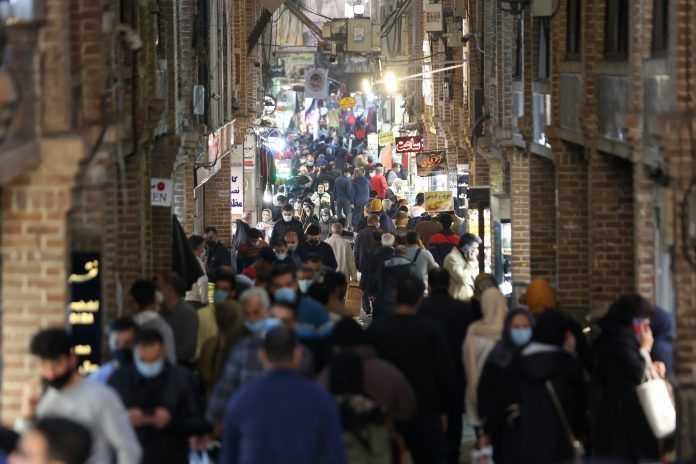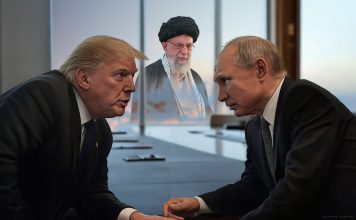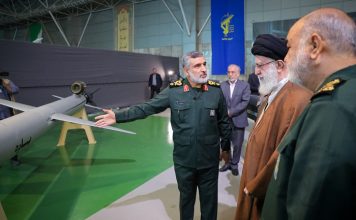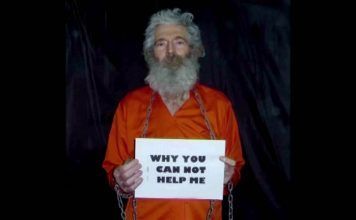By Kayhan Life Staff
Experts have warned of the alarming number of professionals in various fields emigrating from Iran to other countries in recent years for political and economic reasons. They have highlighted the dire consequences of the loss of human capital on the country’s economy and social wellbeing.
The Iranian authorities have described the recent data as an “exaggeration,” promising to compensate for the current brain drain by importing foreign experts.
Chronic economic crisis, institutionalized corruption, nepotism, high unemployment, hyperinflation, income inequality, complicated business laws, and loss of hope for a better future have forced millions of Iranians to move to other countries.
In a 2020 study, Iran ranked 53rd among 232 countries with the highest number of professionals seeking work opportunities in other countries. Experts believe the continued economic climate will spark a new wave of departures from Iran.
According to the Tehran-based Iran Migration Observatory, the economy is the principal reason that 59 percent of university students and 69 percent of academics and researchers want to leave Iran.
The report noted that nearly half of start-up businesses are contemplating moving out of Iran because of economic instability and chronic mismanagement.
In December 2021, Ehsan Ghazizadeh-Hashemi, a Majlis (Iranian Parliament) deputy representing Fariman and Sarakhs in the northeastern province of Khorasan Razavi said that some 300,000 people with advanced university degrees and PhDs had left the country since 2018.
Another study in July argued that given the opportunity, one-third of the Iranian population would emigrate to other countries, 49 percent of them young Iranians between the ages of 18 and 19.
Various professionals wish to leave Iran, including doctors, nurses, academics, artists, textile designers, business executives, and industrialists. The rising level of human capital flight and capital outflows pose a serious problem for a developing country like Iran.
The government has no plans to reverse or slow down the trend.
The head of the Presidential Center for Strategic Studies, Mohammad Sadegh Khayatian, recently admitted that human capital flight was a major concern, but argued that the media had exaggerated the scale and scope of the problem.
“While we cannot deny the facts, media have blown the issue out of proportion,” he recently said.
The former Foreign Ministry Spokesperson, Saeed Khatibzadeh, accused Farsi-language media abroad and “opposition” groups in London of encouraging professionals to leave Iran. He argued that “by portraying an unrealistic image of life in Iran and an idealistic and even more unrealistic life in Europe,” the media laid the groundwork for the “dangerous emigration” of some Iranians.
In an editorial, the Tehran-based hardline Jomhuri-ye Eslami newspaper described the emigration of Iranians as a “joint domestic and foreign conspiracy,” adding “previously only university students, academics, doctors, merchants, and the educated class migrated, but now it has expanded to include high school students and nurses.”
“A repugnant movement in the country, which unfortunately has massive resources, works intensely with certain vast and organized networks abroad to attract Iranian talents and drain the country from its human capital,” the paper said. “The only way to reverse the trend is for the authorities to deal decisively with this repugnant movement which hatches plots while hiding behind religious and revolutionary masks. We must remain vigilant about the activities of the foreign network that collaborate with this movement.”
Under the new guidelines, doctoral students in medicine, dentistry, and pharmacology must deposit $5,100 for every year of studying abroad, which they lose if they do not return to Iran. The amount is $2,040 for undergraduate students studying medicine. The figure used to be only $70 for every study year abroad.
U.N. Urges Iran Not to Use ‘Unnecessary’ Force During Protests
Raising the deposit amount has discouraged no one from trying to leave the country. The scheme is another source of revenue for the government.
Earlier this year, Asghar Jahangir, Deputy for Social Affairs and Crime Prevention of the Judiciary, warned about the increasing number of nurses applying for immigrant visas.
“It costs around $68,000 to train a nurse,” Mr. Jahangir noted. “Therefore, we must draft new policies and guidelines to prevent the flight of human capital, given we invest a significant amount of money developing expert capabilities.”
According to a report by Iran Migration Observatory released in May, the economic crisis and massive problems in the country are the main reasons that 73 percent of the country’s physicians and nurses want to emigrate.
In a letter to Iran’s Supreme Leader, Ayatollah Ali Khamenei, dated November 2021, Hosseinali Shahriyari, the chair of the Majlis’ Health and Medical Commission, expressed his concerns over the “shrinking health professional workforce,” which coincided with “an increase in the number of doctors trying to leave the country.”
Although Iranian officials accuse the media of exaggerating human capital flight, evidence shows that the shortage of experts has caused severe problems in various sectors.
According to Iran’s Ministry of Health and Medical Education, there is a shortage of “nearly 18,000 primary care physicians” in the country.
However, in its Sept. 11 issue, the Tehran-based Doniya-e Eghtesad newspaper published unsourced data, saying that “160 heart specialists had left the country in the past year”, adding that “16,000 primary care physicians” had left the country in the past four years.
According to the same report, “30,000 medical staff” wishing to move to Oman have requested “letters of good standing” from universities of medical sciences in the past year.
While trying to play down the extent and scale of human capital flight from the country, the Islamic Republic officials have tried to import an expert workforce to Iran by enticing them with permanent residency status.
In comments reported by Mehr News Agency on Sept. 12, Mehdi Ghaleh-Novi, Vice President for Science and Technology and the director of the Center for International Science and Technology Cooperation (CISTC), said: “Foreigners with special skills and expertise and entrepreneurs can get permanent resident status.”
“Under the ‘Supporting Non-Iranian Experts and Scientific Research’ scheme, the process for granting permanent residency is fast-tracked,” Mr. Ghaleh-Novi explained. “We have provided a guideline to senior managers in the government offices for facilitating the employment of foreign nationals by streamlining the work permit application, allowing them to establish medical offices and practices.”
“The cabinet has approved this program which capitalizes on scientific, research and medical expertise of foreign nationals,” Ghaleh-Novi noted. “The scheme will benefit from the legal capacity of relevant organizations and institutions.”








